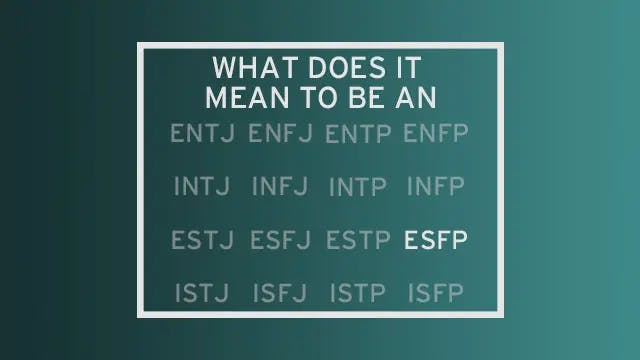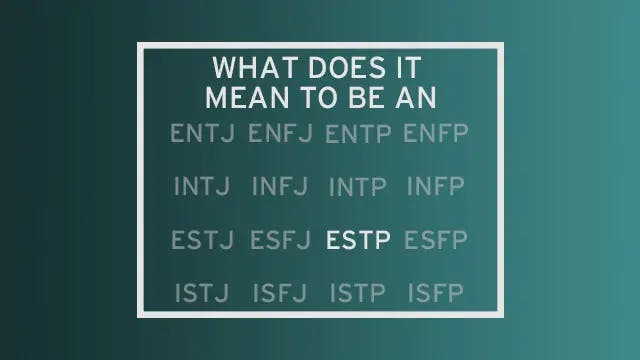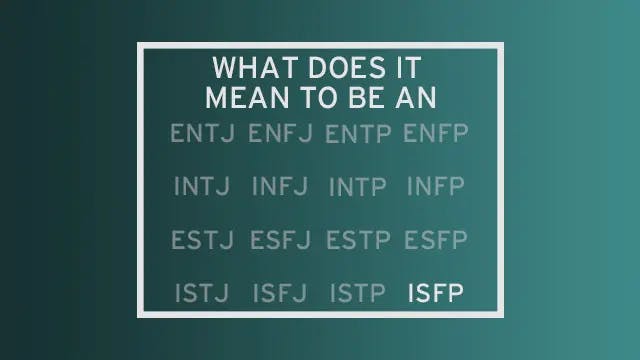
In this article, we’re going to go over the key points of the INTJ personality type, known as the "Architect" in the MBTI. INTJs are described as introverted, intuitive, thinking, and judging individuals who recharge by spending time alone and reflect on their thoughts. They focus on the big picture, make decisions based on logic and reason, and prefer organization and structure.
When it comes to connecting with Jesus, INTJs bring their depth, logic, and strategy to their relationship. They engage in theological study, find fulfillment in Bible study and discussions, and see Jesus's teachings as a comprehensive plan for spiritual development and societal transformation. Their independent nature and vision draw them to the transformative aspects of Jesus' message, and they connect with Him during solitary moments of prayer and meditation. Although they may not connect with Jesus in a traditional emotional or communal way, their connection is personal, intellectual, and focused on understanding and application.
Now, let’s take a closer look.
A Peek into the Mind of an INTJ
INTJ is short for introverted, intuitive, thinking, and judging. Like all types, INTJs have their unique strengths and challenges.
First off, the "I" in INTJ stands for Introverted. This means INTJs tend to recharge by spending time alone, reflecting on their thoughts. This shouldn’t be mistaken for shyness or antisocial behavior, though. They enjoy the company of others, but it's more like they have a battery that drains in social situations and refills when they're alone or with a very small group of people.
Next, the "N" stands for Intuitive. Instead of focusing on immediate facts or details, INTJs are all about looking at the big picture. They're the kind of folks who are more likely to think about future possibilities rather than the here and now.
Now, the "T" for Thinking. This means when it comes to decision-making, INTJs prefer to rely on logic and reason rather than their feelings. They analyze situations critically and objectively, which helps them in strategic planning and problem-solving.
Finally, the "J" stands for Judging. INTJs like things organized and structured. They like to make plans and tend to prefer clarity and closure, always wanting to know where they stand.
How INTJs Can Connect with Jesus
INTJs value depth, logic, and strategy, and they can bring this to their relationship with Jesus. They might dive deeply into the theological aspects of Christianity, seeking to understand the complexity of biblical teachings and how they apply to their lives.
Bible study, particularly when it involves robust discussions about the meaning and application of scripture, can be a particularly fulfilling spiritual practice for INTJs. They enjoy unpacking difficult questions and might feel a deep connection with Jesus when they see His teachings as a comprehensive plan for spiritual development and societal transformation.
INTJs are also known for their independence and vision. They might be drawn to the transformative aspects of Jesus's message, seeing in it a blueprint for a better world. In their quest to make sense of everything, they may well find comfort in Jesus' teachings, which provide guidance and moral direction.
Additionally, the solitary time that INTJs require in order to recharge can also be a time for prayer and meditation. They might connect with Jesus during these quiet moments, thinking deeply about their beliefs, their goals, and how their faith fits into the bigger picture without the hustle and bustle of the busyness or stimulus surrounding them.
All in all, INTJs might not connect with Jesus in a traditional emotional or communal way. But when they do connect, it's deeply personal, intellectual, and geared toward understanding and application.
When reflecting on the Myers-Briggs Type Indicator and how it works with Jesus and our faith, it’s important to remember that the MBTI is just a set of preferences. You are not your MBTI type. Instead of reading these as tried and true facts, I encourage you to review them and see if anything sparks interest in you. If so, pursue that topic that interests you and see if it fits. These are all meant to be a guide to help you connect with Jesus on a deeper level.



